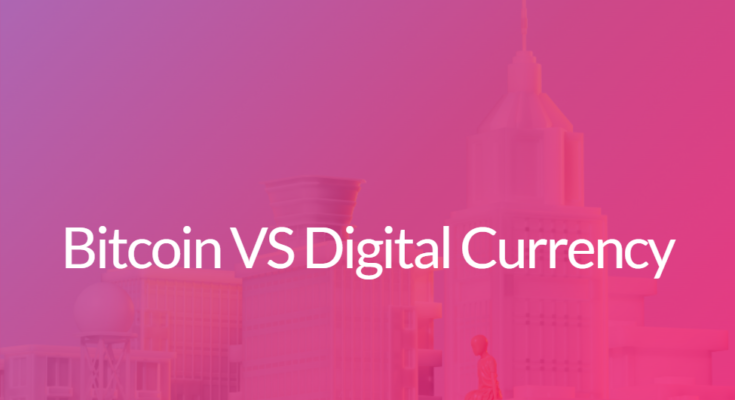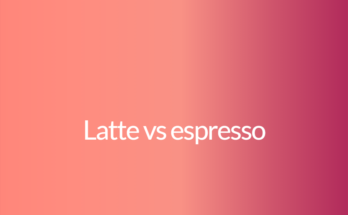Introduction:
In today’s digital world, the concept of currency has changed dramatically. Bitcoin, a decentralized digital currency, has gained significant attention and popularity in recent years. With the rise of digital currencies, many people are curious about the differences between Bitcoin and traditional fiat currencies. In this article, we will explore the main differences between Bitcoin and digital currency and discuss their advantages and disadvantages.
Difference between Bitcoin and Digital Currency:
1. Centralization vs. Decentralization:
One of the key differences between Bitcoin and digital currency is the level of centralization. Bitcoin operates on a decentralized network, which means that it is not controlled by any central authority or government. On the other hand, digital currencies issued by central banks or financial institutions are centralized and controlled by a single entity. This fundamental difference gives Bitcoin a unique advantage in terms of security and independence from government regulation.
2. Anonymity and Privacy:
Bitcoin offers a certain level of anonymity and privacy to its users. Transactions made with Bitcoin are pseudonymous, meaning that they are not directly linked to the identities of the users. On the other hand, digital currencies issued by central banks require users to go through a verification process and provide personal information. This difference in privacy features makes Bitcoin more attractive to individuals who value their financial privacy.
3. Supply and Inflation:
Another significant difference between Bitcoin and digital currency is the way in which they are created and their supply. Bitcoin has a limited supply cap of 21 million coins, which means that there will never be more than 21 million Bitcoins in circulation. This limited supply creates scarcity and is designed to prevent inflation. On the other hand, digital currencies issued by central banks can be created and minted in unlimited quantities, making them susceptible to inflation.
4. Transaction Speed and Cost:
Bitcoin transactions can take some time to be confirmed due to the decentralized nature of the network. In contrast, digital currency transactions can be processed much faster since they are controlled by centralized entities. However, Bitcoin transactions usually have lower fees compared to traditional digital currency transactions, especially for international transfers. This low transaction cost is one of the advantages of using Bitcoin for peer-to-peer transactions and cross-border payments.
5. Volatility and Price:
Bitcoin has gained a reputation for its volatility, with its price experiencing significant fluctuations over short periods of time. This volatility can be attributed to various factors, including market speculation and lack of regulation. On the other hand, digital currencies issued by central banks are usually more stable and less volatile, as their value is tied to a government-backed fiat currency. This stability makes digital currencies more suitable for everyday transactions and store of value.
Conclusion:
In conclusion, Bitcoin and digital currency have several key differences in terms of centralization, privacy, supply, transaction speed, and price volatility. Bitcoin’s decentralized nature, privacy features, and limited supply make it a unique and attractive alternative to traditional digital currencies. However, the volatility and lack of regulation in the Bitcoin market can make it a risky investment. Digital currencies issued by central banks, while more stable and regulated, may lack the privacy and independence offered by Bitcoin. Ultimately, the choice between Bitcoin and digital currency depends on individual preferences and financial goals.



